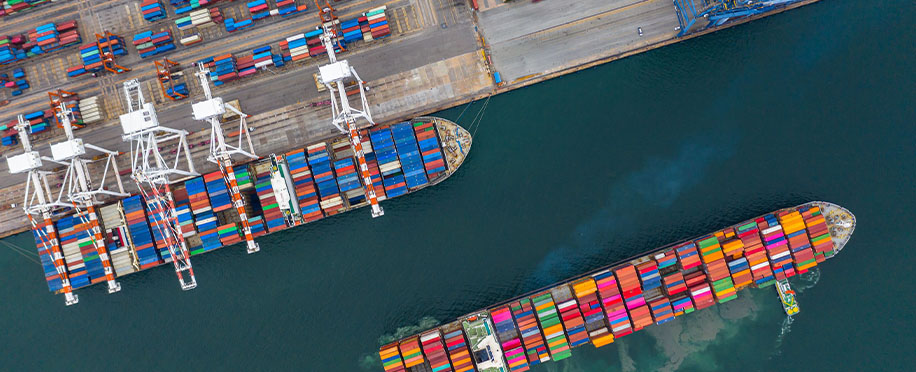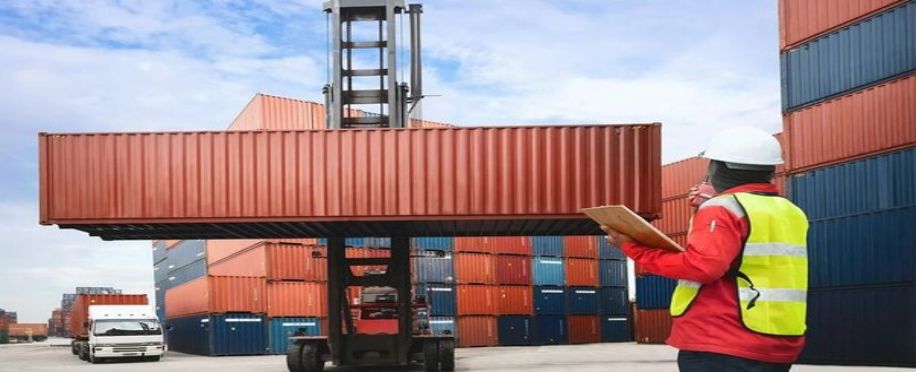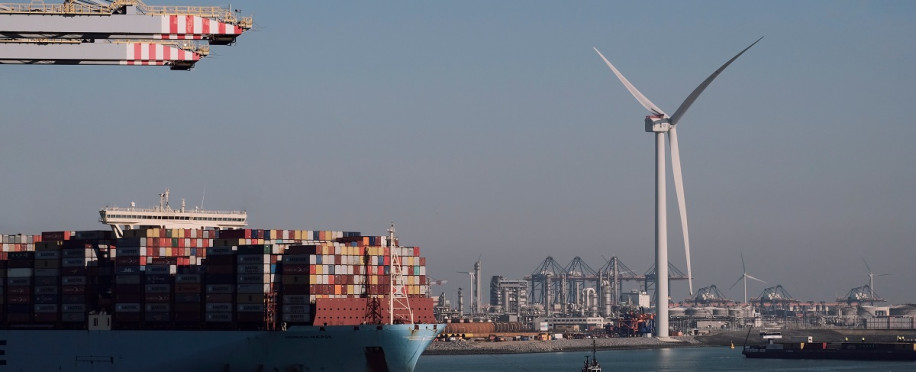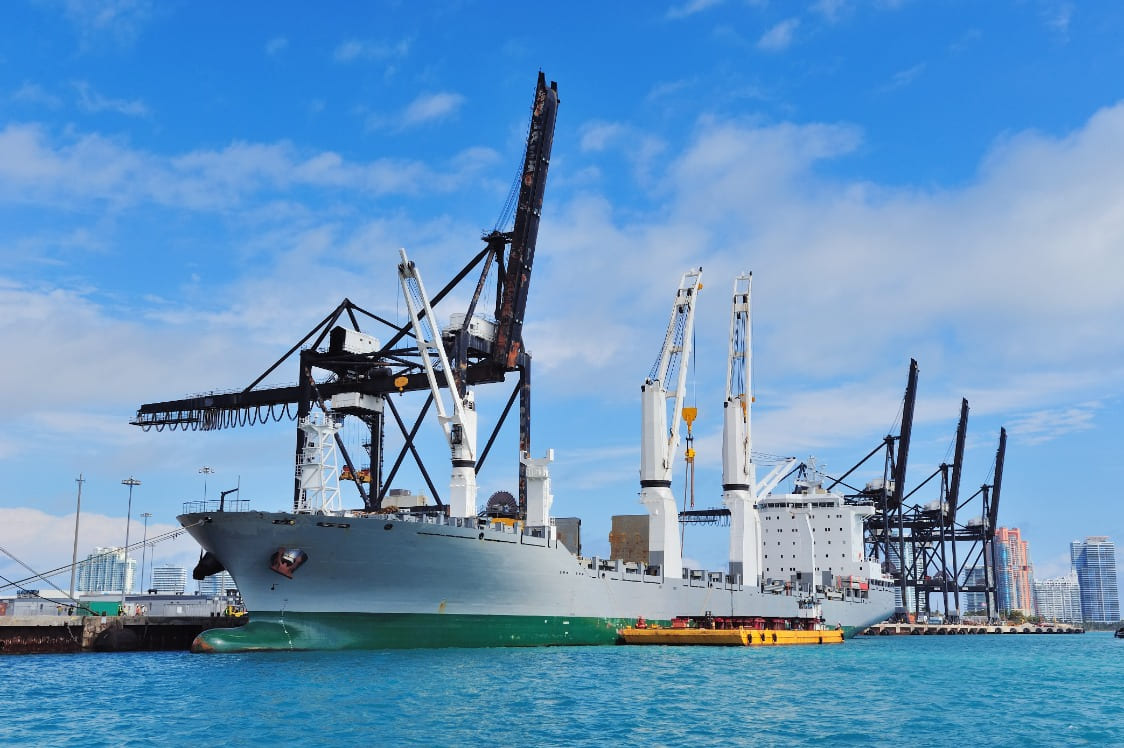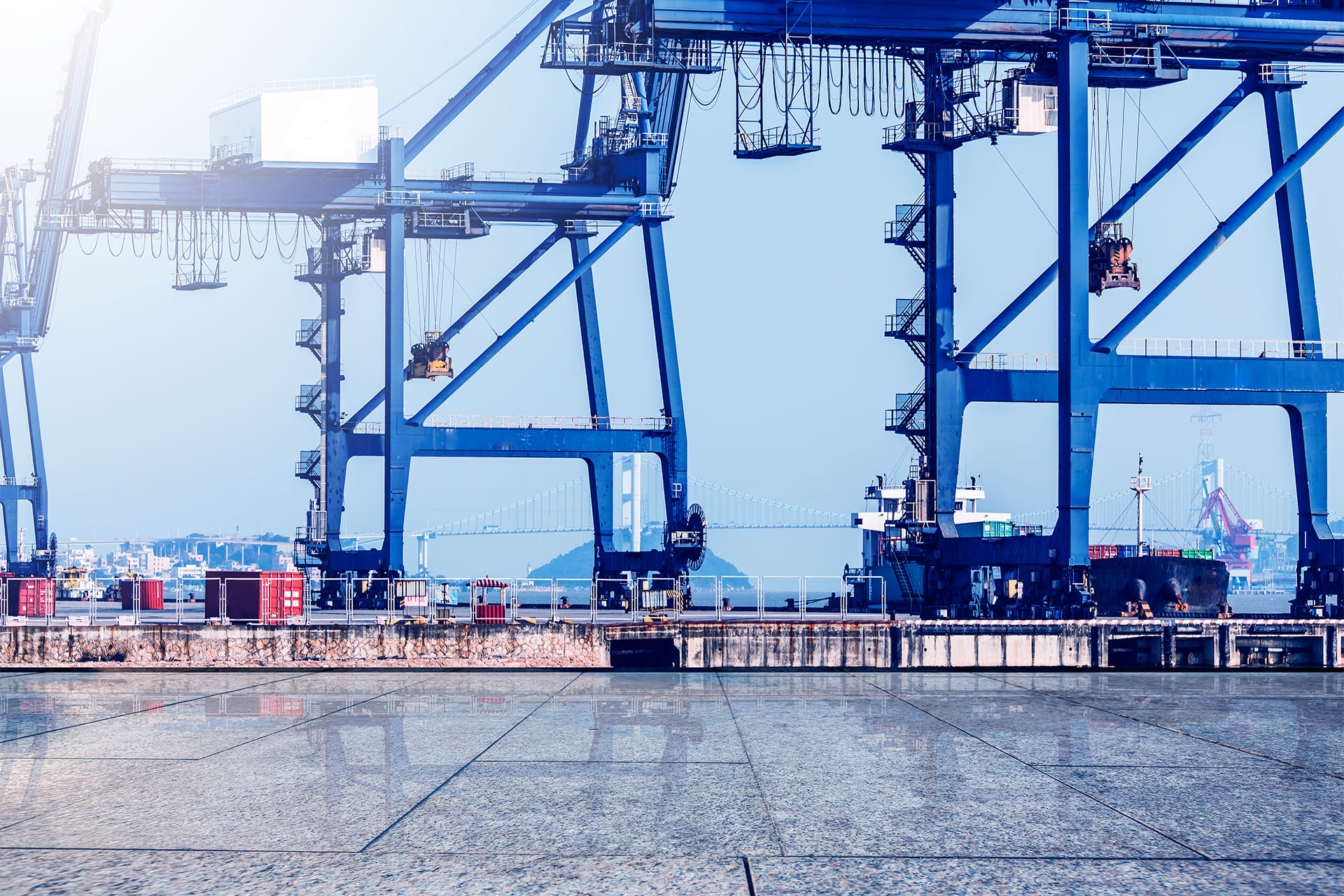Port Technology and Automation: Revolutionising Maritime Logistics
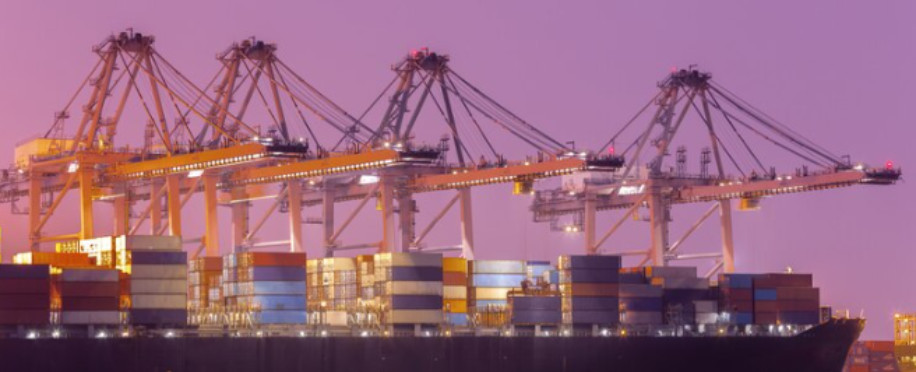
Posted on Feb 12, 2024 at 09:02 PM
The maritime industry is making significant changes toward benefiting from essential innovations. And that, by default, impacts port technology directly.
Moreover, the growth of port technology and automation aims to make the port's processes and functions more efficient, safer, and cost-effective, whether wholly or partly automated.
This article will discuss the concept of port technology, the different types of port technologies used, and the challenges facing port automation.
What Is Meant by Port Technology?
Port technology refers to Ports 0.4, which uses technologies and systems to automate different port and terminal processes in cargo management, facilitating trade, ensuring security, and many other methods.
Additionally, the implemented port technologies are essential to the latest port infrastructure innovations that shape the maritime industry's future.
Although the development of port technology is affected by different challenges, it is going forward with stable and efficient steps.
How Many Ports Are Fully Automated?
Based on the latest trustworthy survey done and released in April 2022, the number of fully automated container terminals and ports is 51 globally.

6 Most Essential Port Technologies to Know About:
According to professional maritime training courses, many used port technologies exist, especially in port logistics. Yet, the most essential ones are:
-
The Internet of Things (IoT):
The IoT in ports is used to interconnect devices and the sensors that collect required data. This data exchange enables real-time monitoring of running equipment, cargo, and environmental conditions.
All the shared insight by IoT port technology helps prevent errors and protects against different conditions, leading to resource conservation and process improvement.
-
5G Port Technology:
The availability of 5G technology is vital in port development as it helps all other included technologies to function effectively and transform data among various equipment, vehicles, and vessels.
So, the 5G technology in ports allows central control of cranes and autonomous vehicles within the port, enhances productivity and safety, and benefits from all available port technology and automation.
-
Automated Container Terminals:
The technology of automated container terminals relies on robotics, AI, and control systems to automate the process of handling containers from/to ships.
Furthermore, this automation technology is more efficient because these operations are regular and stable. Thus, automating them with the correct port technology will increase productivity and lower vessel turndown time.
-
Blockchain Port Technology:
Blockchain technology is ideal for managing ongoing supply chain operations in ports, whether on-site or remotely, as it shares secure, transparent, and trusted records of all ongoing transactions within the port.
This port technology efficiently observes and enhances cargo movements and other logistics with integrity and authenticity.
-
Automation Systems:
These port systems can streamline and facilitate all processes and movements with the proper employment and infrastructure development.
Additionally, these systems include automated guided vehicles (AGVs), automated stacking cranes (ASCs), and terminal operating systems (TOS).
However, despite all the technological developments, these systems are only usable for straightforward and stable operations.
-
Robotics:
Robotics technology is used in intelligent ports to run tasks that require strength, precision, and speed. These robotic systems can be connected to other automated systems.
Moreover, robotics solutions can enhance productivity, flexibility, and safety by doing dangerous tasks instead of human labour.
Main Challenges Facing Port Technology:
Although the development of port technology will benefit the maritime industry greatly, we cannot ignore the challenges impacting the development of this technology:
-
Efficient Connectivity: The latest port technologies require a 5G connection, and the lack of that impacts the ability to transform data among various devices.
-
Poor Data Collecting: Data collection and transactions require suitable infrastructure and connectivity, which are only available in some working ports.
-
Shortage in Capabilities and Experiences: Automated technology needs well-trained workers to manage and operate different systems and get the most out of the technology.
-
Process Complexity: Despite all the technical development, even the advanced port technology can only run complex operations with human guidance.
Eventually,
The growth of port technology aims to facilitate operations, improve productivity, and enhance safety.
However, to be part of the future of port technology and the maritime industry, you must upgrade your skills with professional maritime training.
